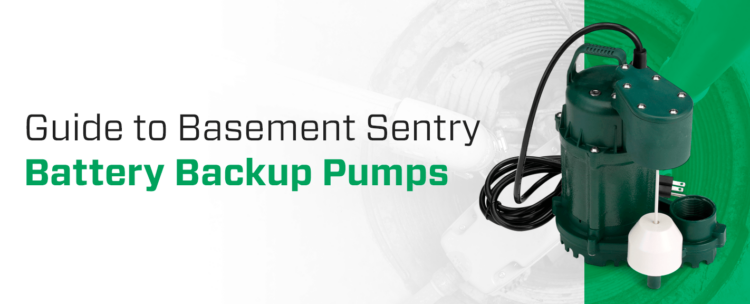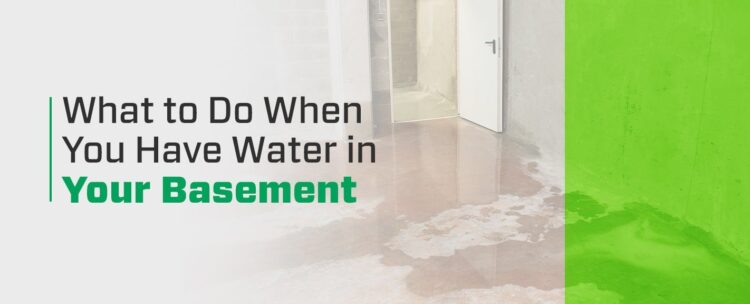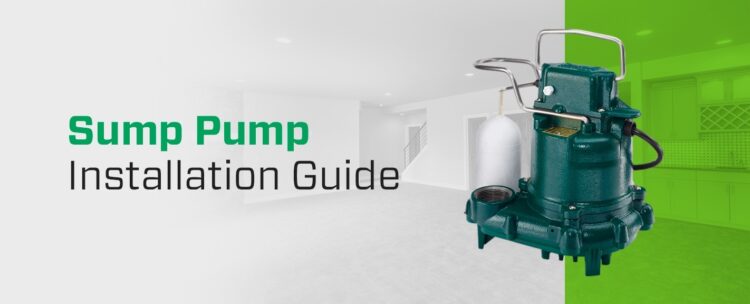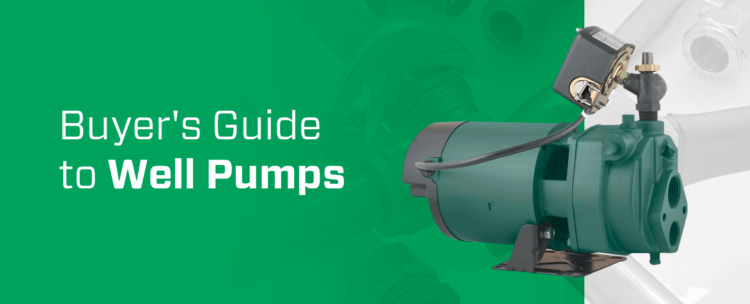
Homeowners who live along the coast or near any body of water are likely very familiar with how hurricanes affect plumbing — and how damaging it can be.
It’s a lot easier to recover from a bad storm when you know what to expect. Here’s how heavy rains and hurricanes can affect plumbing systems and what you can do to minimize the damage.
What Can a Hurricane Do to Your Plumbing?
The torrential rains and strong winds of a hurricane can wreak havoc on residential plumbing systems. But how? Let’s break down how heavy rain affects plumbing and how to know whether you’re experiencing any of these problems.
Contaminated Tap Water
Damaged piping can let floodwaters enter your water supply — and drinking this water can seriously harm your health. If you notice any of the following after a storm, shut off your water supply and call a professional:
- Discoloration or cloudiness
- Grit or other sediments
- Unusual taste
- Abnormal smell
- Low water pressure
In the meantime, the best thing you can do is avoid drinking water from the tap. Have some bottled water on hand before storms so you have something to hold you over until the situation can be fixed.
Blocked Sewer Lines
Solid debris such as twigs, dirt and rocks can get stuck in your underground sewer lines, blocking the flow of water and potentially causing lasting damage. Flooding can also cause sewer lines to shift around, preventing them from draining properly.
Blocked sewer lines can impact other appliances, including showers, toilets, dishwashers, sinks — basically anything that involves running water. In severe cases, it’s even possible for raw sewage backups to flow back into your home. Regularly having your drains cleaned can help minimize potential damage.
Leaking or Burst Pipes
Heavy rainfall flowing into your pipes raises the internal pressure, causing the pipes to crack and even burst. Broken pipes can lead to more serious problems, like contaminated drinking water or water damage to your home.
You can check for leaks either by inspecting your pipes directly, or by watching your water meter when no fixtures are running. If the number on the meter increases, your hunch is correct, and it’s time to call the plumber.
Sump Pump Damage
Electric sump pumps can fail when the power goes out during a storm, leaving you with a flooded basement. Even the highest-quality sump pumps can stop working if they’re old or worn out. When checking your sump pump, look out for these common signs of failure:
- Excessive vibrations
- Standing water in your basement or crawl space
- Strange noises
- Cycles that are too long or too short
- Rust or corrosion

Installing a battery-powered backup pump system can help prevent serious damage by kicking in when your primary pump fails. Look for one with intelligent features like automatic activation or mobile monitoring capabilities for the best protection.
Water Heater Malfunctions
If any part of your water heater gets flooded during a storm, the whole system could stop working permanently. Official guidance from the Air Conditioning, Heating and Refrigeration Institute (AHRI) states that homeowners must replace flood-damaged water heaters, heat pumps and other HVAC equipment.
Using a damaged system, even if you’ve performed repairs, could put you and your family in danger. Call a professional to inspect your water heater if you’re unsure whether it was submerged, and start looking for a new unit just in case.
How Do You Recover From a Bad Storm?
If your basement gets flooded, you might be feeling helpless. But don’t give up — leaving the problem as-is can make it even worse over time.
Wait until you’re sure the area is safe, then follow these steps to protect yourself and minimize the damage to your home:
- Turn off the power: If floodwater comes into contact with electrical or gas lines, you can get seriously hurt. First and foremost, turn off anything in your house that could be hazardous.
- Wear protective gear: Before you do anything to clean your home, make sure you’re covered. Wear long clothing and protective equipment like a hard hat, safety goggles and an N95 respirator mask.
- Get rid of standing water: Remove as much floodwater as possible using a wet/dry vacuum, a sump pump or a hand pump.
- Discourage mold growth: Get rid of anything that could provide nourishment for mold, including wet drywall and carpeting, and do your best to reduce the humidity in the area. An industrial fan or dehumidifier are great for speeding up the drying process.
If you feel unsafe at any time during the process, call a professional to assist you. Cleaning up after a storm can be dangerous, which is why it’s so important to physically protect yourself. An expert will have more resources at their disposal to keep you and themselves safe.
How Can You Prevent Plumbing Damage During Hurricane Season?
While a bad storm can cause some serious problems with your plumbing, your safety isn’t entirely at the whim of the weather. Here are some actionable prevention tips you can use to protect your home:
- Remove blockages: Clear out your gutters and storm drains at the beginning of the summer, and check them again as soon as you know a storm is coming.
- Find your water valve: Know where your home’s main water valve is and how to shut it off so you’re ready to act in case of an emergency. If your home is connected to a public water supply, you’ll likely find this valve on the inside perimeter of your home — if you have a well, check the side or back.
- Check for hidden leaks: Floodwaters can cause tiny cracks in your pipes to grow, leading to serious problems later on. Inspect your pipes for any evidence of leakage before a storm to prevent bursting.
- Inspect your septic system: If you have a septic tank, make sure you get it inspected by a professional at least once every year. Make any necessary repairs or upgrades as soon as possible.
- Maintain your sump pump: Regularly testing your sump pump ensures it functions properly when you need it to. You should perform routine maintenance checks several times per year and replace your sump pump about every decade.
Prepare for Hurricane Season With Zoeller at Home
Your sump pump is one of the most important devices you can have to protect your home from flooding damage. If you’re getting ready for storm season, Zoeller at Home can help. Explore our selection of sump pumps and sump pump accessories to find the right match for your home, and locate your nearest retailer.

With decades of expertise, Zoeller continues to lead the way in developing sump and effluent pumps that set the gold standard for performance and dependability. Our commitment to innovation and sustainability is evident in the efficient operation of these pumps, contributing to cleaner environments and more efficient wastewater systems.
With our solutions, your wastewater flows smoothly, efficiently and responsibly, leaving you with peace of mind and a cleaner, more sustainable system. Find out where to buy our effluent pumps today.



